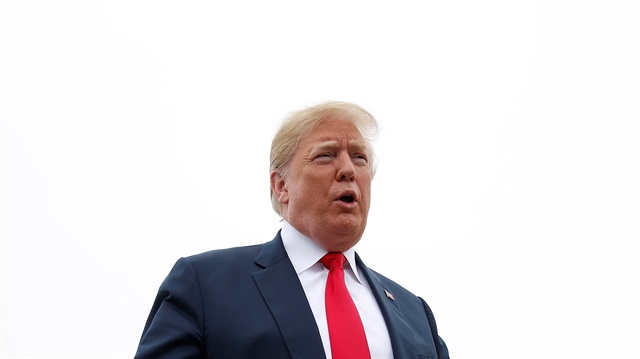
EYES ON CHINA
The U.S. administration also launched a national security investigation last week into car and truck imports, using the same 1962 law it has applied to curb incoming steel and aluminum.
"The Trump administration seems to regard overt threats, including tariffs and repudiation of previous agreements, as a key element for gaining leverage in trade negotiations," said Eswar Prasad, a former head of the International Monetary Fund's China division and now a professor at Cornell University.
Prasad warned that the United States was doing so at the cost of alienating key allies and undercutting broad international pressure on China to change its trade and economic practices.
Ross himself heads to Beijing on Friday where he will attempt to get firm deals to export more U.S. goods in a bid to cut America's $375 billion trade deficit with China.
The Trump administration has demanded that Beijing make concessions and threatened to punish it for allegedly stealing U.S. technology by imposing tariffs on $50 billion of imports from China.
While China is seen at more risk from a trade war because its exports are larger than its imports from the United States, operations of American companies in China make substantial sales there, which could be hit by any turn in sentiment.
Hello, the comments you share on our site are a valuable resource for other users. Please respect other users and different opinions. Do not use rude, offensive, derogatory, or discriminatory language.
The floor is all yours.








